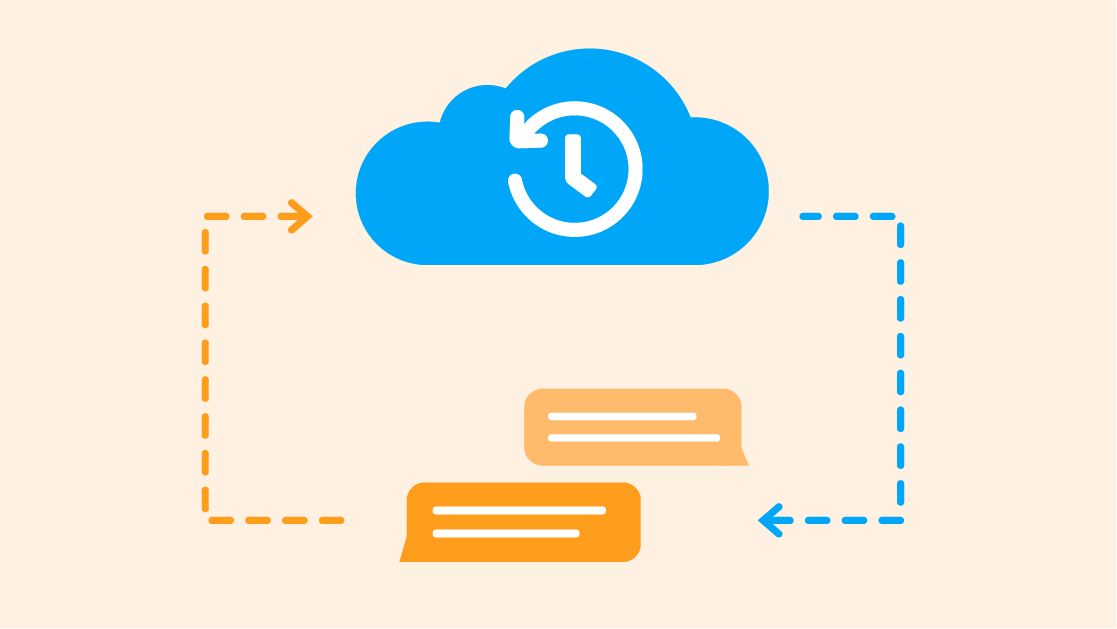Comprehensive Ubuntu Online Backup For Large Enterprises
Comprehensive Ubuntu Online Backup For Large Enterprises
Blog Article
Flexible Backup Solution For Disk Expert Opinions
Organizations must overcome the crucial challenge of protecting their priceless information as digital data storage becomes more and more important. By offering safe and easily accessible storage for important data, cloud database backup offers a solution. In this article, we'll go over the significance and advantages of cloud database backup as well as the best methods for putting it into practice.
- Recognizing Cloud Database Backup:
Modern Remote Data Backups Implementation Guide

The process of keeping copies of your database in a remote server or data center that is online is referred to as cloud database backup. It offers an off-site backup option that guarantees data redundancy, hardware fail-safeness, natural disaster defenses, and cyber threats.
- Benefits of cloud database backup
Modern Remote Backup Client User Manual
Compared to conventional backup techniques, cloud database backup has a number of benefits. Backup Solution For Windows Azure. These comprise:
Data redundancy: By storing data across multiple servers, hardware failures and disasters are less likely to result in data loss.
Scalability: Depending on your needs, cloud backup makes it simple to scale up or down your storage requirements.
Accessibility: With cloud backup, any device with an internet connection can access your data whenever, wherever you want.
Cost-effectiveness: Cloud backup makes it unnecessary to spend money on expensive backup personnel, infrastructure, and maintenance.
Automated Backups: Cloud backup services frequently offer incremental and automated backups, which eliminate the need for manual labor.
Multi-layered Offsite Secure Backup For Large Enterprises

- Selecting the best Cloud Database Backup Service:
Think about the following when choosing a cloud database backup provider:
Business-oriented Windows Home Server Cloud Backup Ultimate Guide
- Security Measures: Make sure the service provider uses reliable security measures like compliance certifications, access controls, and encryption.
- Reliability: Look for businesses that have a solid reputation for dependability and high uptime assurances.
- Scalability: Verify that the service provider provides storage options that are adaptable to your expanding data requirements.
For quick and effective data transfers, take into account the provider's network infrastructure and bandwidth capabilities.
- Cloud database backup implementation:
Robust Email Backup Cloud Explained
Use the following best practices to implement cloud database backup:
- Define Backup Policies: Clearly specify your backup needs, including the frequency, retention, and recovery point goals.
- Encryption: To guarantee the confidentiality and integrity of your data, encrypt it before transferring it to the cloud.
- Regular Testing: Verify the veracity and thoroughness of your backups by regularly testing the restoration process.
Implement monitoring and alerting mechanisms to quickly identify problems or failures in the backup procedure.
Create a thorough disaster recovery plan that outlines free auto backup software the procedures for recovering data in the event of an emergency.
Robust Remote Backup Macbook Pro Implementation Guide
- Cloud database backup management

Continuous monitoring and upkeep are necessary for managing cloud database backup. Take into account the following advice:
Innovative Backup Vs Storage In 2024
- Regularly Monitor Backups: Keep an eye on the backup procedure to make sure it's done correctly and quickly fix any mistakes or failures.
- Review and update backup policies on a regular basis to keep up with evolving regulatory requirements and changing business needs.
- Retention Management: Depending on business priorities and legal requirements, control how long your backups remain in storage.
Implement data archiving techniques to transfer rarely accessed data to cost-effective storage tiers while maintaining accessibility.
Periodic Reviews: Review your cloud database backup strategy on a regular basis to spot areas for improvement and make sure it complies with company objectives.
What's Important:
Streamlined Backup External Hard Drive To Cloud Ultimate Guide
- Cloud database backup offers advantages like data redundancy, scalability, accessibility, cost efficiency, and automated backups for secure and accessible storage of important data.
- When selecting a provider, take security precautions into account, as well as dependability, speed of data transfer, and reliability.
Creating discover this backup policies, encryption, regular testing, monitoring and alerting, and creating a disaster recovery plan are all steps in the implementation of cloud database backup.
Regular backup monitoring, backup policies updates, retention management, data archiving, and periodic reviews are all necessary for effective cloud database backup management.
Remember that protecting the sensitive data in your organization requires the implementation of a strong cloud database backup strategy. To ensure data security, accessibility, and business continuity, embrace cloud backup's power.
Cross-platform Remote Backup And Recovery Must-Haves
Key Takeaways or a related term
Data redundancy and protection against hardware failures or disasters are guaranteed by cloud database backup.
Scalability, accessibility, cost-effectiveness, and automated backups are some of the advantages.
When selecting a provider, take security precautions into account, as well as dependability, speed of data transfer, and reliability.
- Adopt best practices like encryption, regular testing, monitoring and alerting, disaster recovery planning, and backup policy definition.
Monitoring backups, updating policies, managing retention, putting data archiving into place, and conducting periodic reviews are all components of effective management.
Report this page